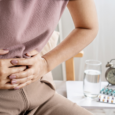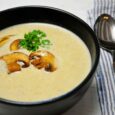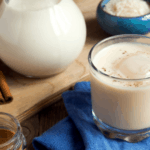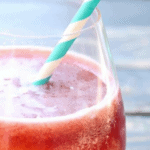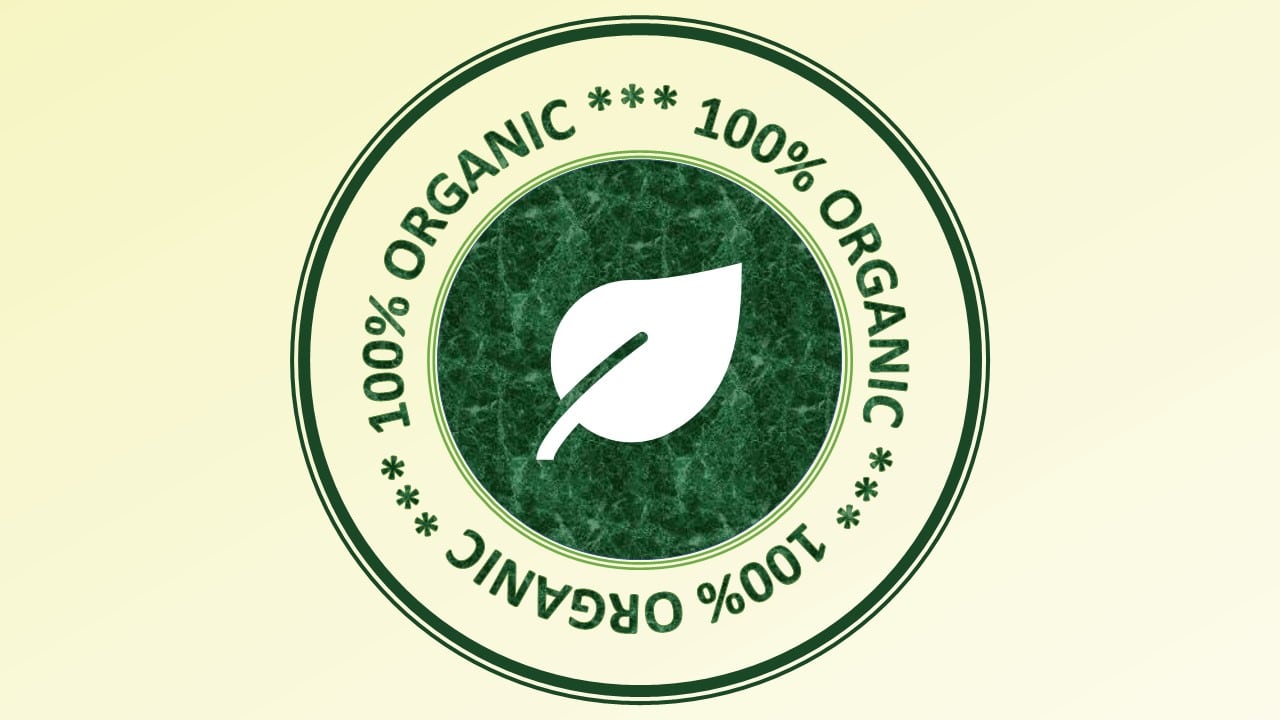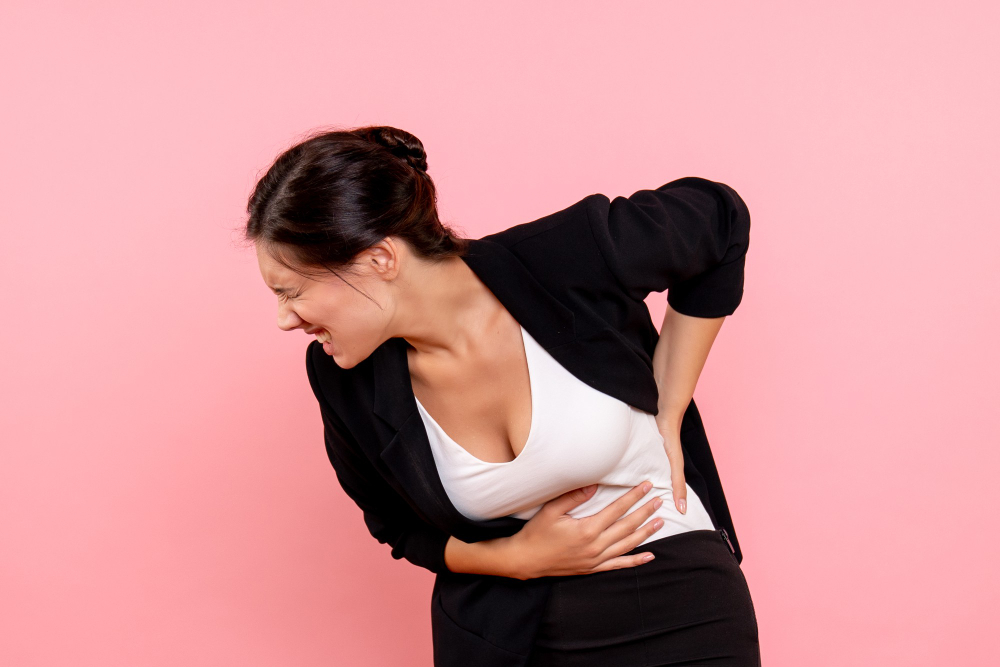
Is Your Bowel Function Normal?
- Do you have pain or discomfort on at least 3 days per month in last 3 months (not related to your menstrual cycle)?
- Is the pain or discomfort relieved by passing a bowel motion?
- At around the time the pain or discomfort started, did you also have a change in the frequency of bowel motions (more or less often)?
- At around the time the pain or discomfort started, did you also have a change in the consistency of bowel motions (looser or firmer)?
If you answered YES to number 1, and to at least two from number 2-4, then you quite possibly have Irritable Bowel Syndrome (IBS)
The shape, size, consistency, smell, frequency, and colour of stool varies widely from person to person – and sometimes from day to day.
Looking at the Bristol Stool Chart, what is your predominant stool form? Number 4 is the “perfect poop”, though types 3 & 5 are considered within normal range too. Any deviation from this indicates abnormal bowel function.
IBS comes in many forms. Some are predominantly constipated, some mostly diarrhoea. Some are mixed (variable) and yet others can be difficult to allocate to a group. These are all different – and not normal – types of bowel function.
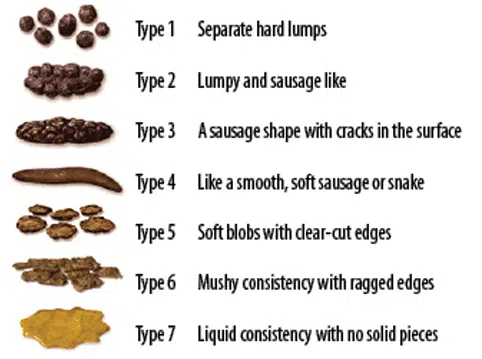
How Often Do You Empty Your Bowels?
Most folk know that it’s not uncommon for children to empty their bowels after each meal. This is due to a reflex action from the stomach filling up.. Think of it as a strategy to “make room for incoming”. We become desensitised to this by “toilet training”, but a type 3-5 bowel movement after each meal is not considered abnormal.
Emptying your bowels at least once every day is ideal. Many people go less frequently and for them that is “normal”. But it’s not ideal.
However, how LONG it takes for what you have eaten to pass through you is considered an excellent indicator of bowel function and a good predictor of a healthy microbiome.
A reliable way to find this out is to take the Blue Poop Challenge. Find out how here.
Who Gets IBS?
Women are affected three times more likely to suffer from this condition than men. The condition commonly begins in teenage to early adulthood.
What Causes IBS?
IBS is now recognized to be exacerbated by a number of stimuli. For some people it is foods such as wheat, dairy products (although often yoghurt is OK), citrus fruit, tea, coffee and alcohol. An imbalance in the normal intestinal flora (SIBO) caused by a previous round of antibiotics or a viral, bacterial or parasitic infection can lead to inflammation and spasm of IBS. Anxiety and stress reactions seem to be strongly associated.
During symptomatic episodes the digestive tract contracts excessively, creating abnormal bowel function. Pain is often crampy, caused by strong contractions of the large intestine, coupled with a heightened sensitivity of pain receptor nerves in the small intestine.
Breath testing can determine the role of excessive bacteria in the small intestine (SIBO) or the role of undigested sugars.
What Can I Do to Help My IBS?
Firstly, follow some simple dietary guidelines:
- Avoid eating large meals, as too much pressure against the intestinal wall can cause it to contract, causing pain and spasm.
- Eat more frequent meals, of smaller portions. This will assist proper digestion and gentle movement through the digestive tract.
- Remove common problem foods from the diet, such as gluten
- Gluten is the protein component of several grains but is especially high in wheat grains. It gives bread the sticky, doughy consistency. Many people find gluten difficult to digest – there can be many reasons for this. For the sufferer of Irritable Bowel Syndrome it makes sense, therefore, to eliminate gluten from the diet completely, and if symptoms subside quickly, it is advised to commence eating gluten again and if the same symptoms return, to request a screening to rule out Coeliac Disease. Wheat gluten is frequently implicated in the disorder. It is well known that gluten can damage the intestinal lining. A person can also have a condition known as “non-Coeliac Gluten Sensitivity“.
- A diet low in FODMAPS is a clinically tested method of reducing IBS symptoms [1]. However, this should be undertaken under guidance of an appropriately qualified and experienced practitioner. Long-term elimination of fermentable fibres has been shown to be detrimental to the gut microbiome.
- A high fibre diet is a mainstay of management, but it is not recommended to increase insoluble fibre, such as wheatbran, while continuing to eat foods that aggravate the condition – this can actually make symptoms worse, due to faster motility and more painful spasm and diarrhoea.
- Soluble fibre in the diet acts as a gentle bulking laxative by pulling water towards it. This can both bulk the loose stool in diarrhoea and soften it if the tendency is to constipation. A bonus side-effect of increasing soluble fibre in the diet is that it also helps with reducing both raised blood sugar and cholesterol levels.
- Apples and pears are good – they can be stewed with the skin on. Add psyllium powder (a seed husk) to water or juice, or sprinkle it on food. If you find that these particular foods are NOT good, we recommend making an appointment to explore special dietary options or investigations.
- Use a prebiotic. Think of prebiotics as food for probiotics. They feed the good bacteria in your large intestine. Start with something gentle, like PHGG (Partially hydrolysed guar gum), Pomegranate powder or Shiitake Mushroom powder. Begin with a low dose and gradually increase, adding other prebiotic fibres as your gut reestablishes a good bacterial balance.
- Aloe vera juice is healing and tonic to the digestive tract. It reduces inflammation and stimulates cell growth, which supports healing of the gut lining. A good quality Aloe vera juice contains useful amounts of mucilage, which is a soluble fibre. The juice should be a murky colour, with the small fibres of mucilage visible when a glass of juice is held up to the light. Lesser quality Aloe vera juices are almost as clear as water (which they mostly are) and are not to be judged by a flash label or advertising.
- Avoid sugar and refined foods. Fermentation of high carbohydrate foods in the intestines can also contribute to irritation and intestinal spasm.Here is another reason to avoid bread not to mentions pastries and baking which have a high glycaemic index, raising sugars in the intestines and blood stream. These foods, along with sweets, are also acid forming and they hinder the body’s nutrient absorption. A high sugar diet has been shown to increase inflammation, slow the transit time of food through the intestines and alter stool composition.
- Try Probiotics. Natural yoghurt and naturally fermented foods (such as sauerkraut, tempeh etc) help to restore the beneficial bacteria of the intestines. Your naturopath may recommend a specific probiotic powder or capsule with good gut bacteria such as Lactobacillus acidophilus and other specific organisms to help restore balance in the intestines and speed the reduction of symptoms. Some people with IBS feel their symptoms are worse if they take probiotics. If this happens to you, please make an appointment.
Hypersensitivity of organs in IBS sufferers contributes to a heightened perception of pain. A healthy gut produces natural factors that help with sensitivity, for example, strains of Lactobacillus act on opioid receptors in the cells that line the intestine and help to bring pain relief. When constipation is a problem, probiotic organisms can increase stool frequency and also reduce moderate to severe abdominal pain and bloating. However, recent research has made a very strong connection between excess hydrogen-gas production in cases of diarrhoea-predominant IBS (who tend to experience more pain) and excessive production of methane gas in those with constipation-dominant IBS. Both of these situations can easily be assessed using a breath test.
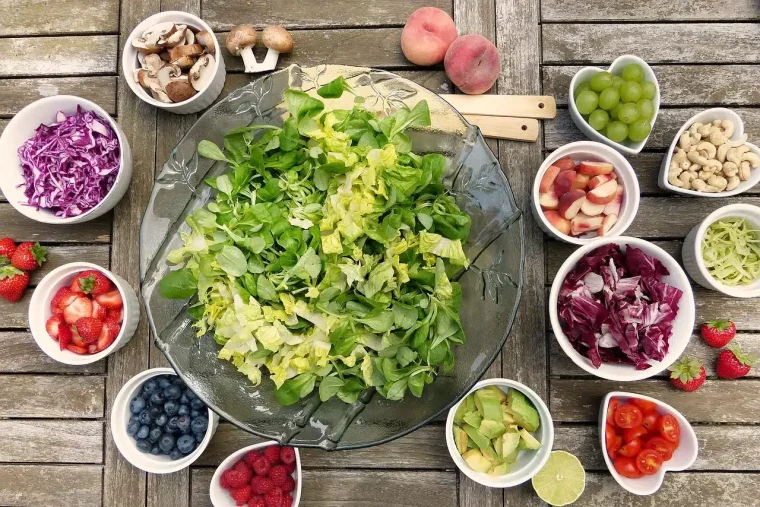
Identify your Food Triggers
If foods are often contributing to the problem – other than those mentioned above – you might have some that are a specific problem for you. Many gut problems are aggravated by foods, which does not mean you have an allergy. If you think you have an allergy, we recommend working with one of our experienced clinicians who will assess your situation and work through the possible scenarios and diagnostic options.
Once your problem foods have been identified your clinician can work through a dietary plan with you.
What Else Can help IBS?
In addition to following the dietary advice of your practitioner, certain herbs that are effective in soothing inflammation and pain in the gastrointestinal tract may be prescribed. It is also important to stimulate the digestive juices of the stomach, liver and gallbladder to support optimal digestion.
Bitter herbs such as milk thistle (Silybum marianum), globe artichoke (Cynara scolymus), schisandra (Schisandra chinensis), gentian (Gentiana lutea) and hops (Humulus lupulus) may be used for this.
Slippery elm (Ulmus fulva) bark powder is a nutritive herb that tones and soothes the irritated intestines and acts as a gentle bulking laxative. Add 2 teaspoons of slippery elm powder in a cup of hot rice milk or water, sweeten with a little honey if you like and add a dash of cinnamon. A pinch of clove powder has a mild pain-killing action.
Medical herbalists also value the following herbs for IBS:
- Marshmallow root(Althaea officinalis)
- Liquorice root (Glycyrrhiza glabra)
- Comfrey (Symphytum officinale)as a tea has been safely used for thousands of years for its healing properties. It is a valued herb for treating the digestive tract.
- Calendula (Calendula officinalis) is another, the flower petals contain number of substances that make if a great tissue healer, and it works on the immune and lymphatic systems to help bring relief from IBS symptoms.
These can be components of a herbal formula or can also be taken as teas. There are many other herbs that might be used – your Health care practitioner will select those that are most suitable for you based on your symptoms and other factors.
Reduce Stress and Anxiety
The gut-brain connection is now generally accepted as a major factor to consider when addressing any gut problem.
We have long known that holistically, the whole mind-body-medicine perspective is important. We have a range of effective methods available at House of Health. Herbs can also be used to nourish and relax the nervous system and reduce stress and anxiety responses. Your clinician may choose herbs that have a specific benefit to the gut as well, such as Chamomile (Matricaria recutita), which is well known for soothing the gut and as a nervous system relaxant and tonic.
IBS can be successfully alleviated with natural approaches. Reducing stress, testing for SIBO, lactose intolerance or fructose malabsorption are important first steps. Dietary changes, supplements and herbal remedies as prescribed by your health consultant are important to help soothe and heal the gut. Generally, however, food is NOT the problem. Food aggravates the problem!
REFERENCES
- Efficacy of the low FODMAP diet for treating irritable bowel syndrome: the evidence to date. Clin Exp Gastroenterol. 2016; 9: 131–142.
- Small Intestinal Bacterial Overgrowth and Irritable Bowel Syndrome: A Bridge between Functional Organic Dichotomy. Gut Liver. 2017 Mar; 11(2): 196–208.
WE ARE HERE TO HELP YOU
Contact us here or phone the clinic on 09 846 5566

